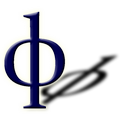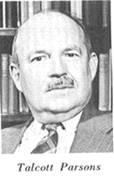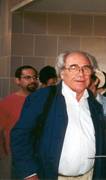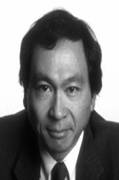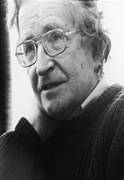Soc
 67-69: The Challenges of Globalization
67-69: The Challenges of Globalization
The aim is that students become familiar with the modern process of globalization and its basis, and that is the information technology revolution. Point to the various interpretations of the process of globalization: neofunctional (globalization connects distant economical, political and cultural parts of the world) and neo-Marxist’s interpretation (“new ideological myth”). How does informatical revolution reflect? How does it influence our everyday life? In what way does technology entertain us, and how does it influence our opinion? How does it organize new politics, economy and culture? In what sense does information represent the main resource and starter of economic activity? Modern technology affirms the principle that is more rational to transfer information than people. Could students learn, in that case, using computer without need to go to school? Thanks to technology we can watch many cultural events. In what amount does technology speed up our life?
 Literature:
Literature:
- M. Mitrovic, S. Petrovic “Sociology”, Sociology textbook for the 3rd grade of vocational schools and the 4th grade of grammar school;
- Jean Baudrillard “Simulacra and Simulation”;
- Talcott Parsons “Structure and Process in Modern Societies”;
- Francis Fukuyama “The End of History and Last Man”;
- Noam Chomsky “World Order: Old and New”.

